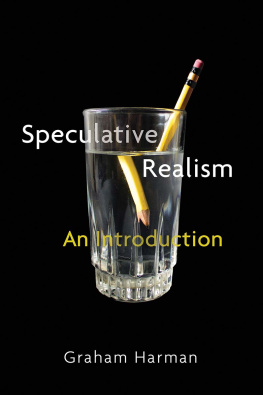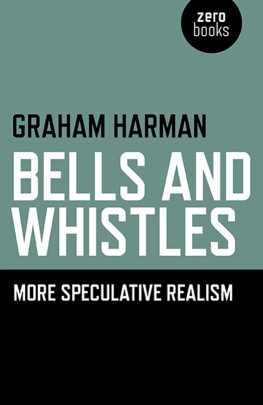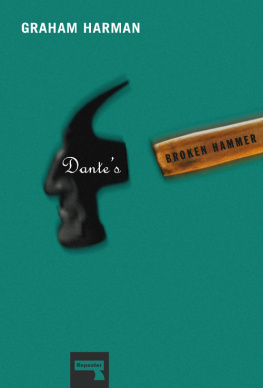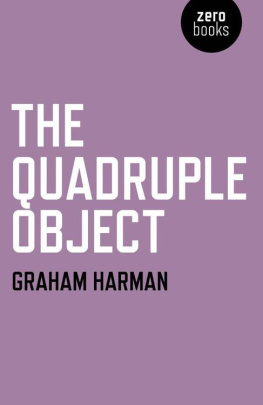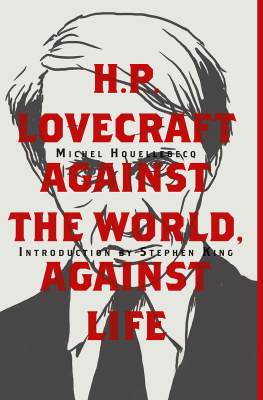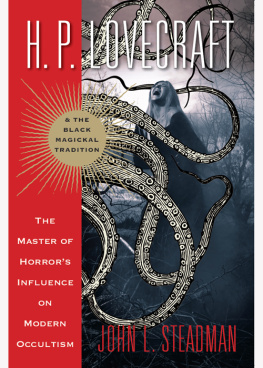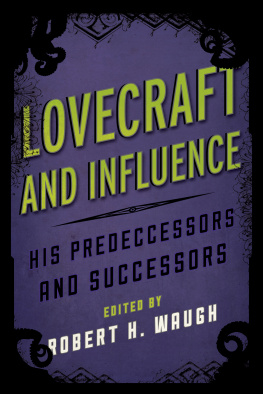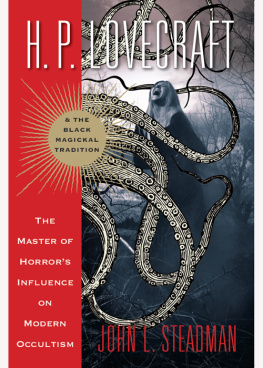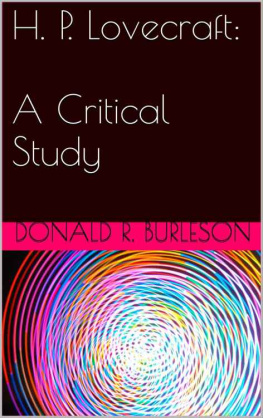
Contemporary culture has eliminated both the concept of the public and the figure of the intellectual. Former public spaces both physical and cultural are now either derelict or colonized by advertising. A cretinous anti-intellectualism presides, cheerled by expensively educated hacks in the pay of multinational corporations who reassure their bored readers that there is no need to rouse themselves from their interpassive stupor. The informal censorship internalized and propagated by the cultural workers of late capitalism generates a banal conformity that the propaganda chiefs of Stalinism could only ever have dreamt of imposing. Zer0 Books knows that another kind of discourse intellectual without being academic, popular without being populist is not only possible: it is already flourishing, in the regions beyond the striplit malls of so-called mass media and the neurotically bureaucratic halls of the academy. Zer0 is committed to the idea of publishing as a making public of the intellectual. It is convinced that in the unthinking, blandly consensual culture in which we live, critical and engaged theoretical reflection is more important than ever before.
A Writer of Gaps and Horror
One of the most important decisions made by philosophers concerns the production or destruction of gaps in the cosmos. That is to say, the philosopher can either declare that what appears to be one is actually two, or that what seems to be two is actually one. Some examples will help make the theme more vivid. In opposition to common sense, which sees nothing around us but a world of normal everyday entities, Plato created a gap between the intelligible forms of the perfect world and the confusing shadows of opinion. The occasionalists of the medieval Arab world and seventeenth century Europe produced a gap between any two entities by denying that they exert direct influence on one another, so that God became the only causal agent in the universe. The philosophy of Kant proposes a gap between appearances and things-in-themselves, with no chance of a symmetry between the two; the things-in-themselves can be thought but never known.
But there are abundant examples of the opposite decision as well. We might think that horses are one thing and atoms are another, but hardcore materialists insist that a horse is completely reducible to physical atoms and is nothing over and above them. In this way the supposed gap between horses and atoms is destroyed, since on this view there is no such thing as a horse at all, just atoms arranged in a certain pattern. Instead of atoms, we might also claim that the whole world is made of water, air, fire, or a gigantic and indeterminate lump. In ancient Greece these were the various tendencies of the pre-Socratic philosophers. Alternatively, we might hold that there are individual objects on one side and the various qualities of those objects on the other. David Hume denounced this gap, reducing supposed unified objects to nothing more than bundles of qualities. There is no such thing as an apple, just many different qualities that occur together so regularly that through force of habit we begin to call them an apple. And as for Kants gap between appearances and things-in-themselves, the German Idealists tried to destroy this gap by calling it incoherent: to think of things-in-themselves outside thought is meaningless, for given that we do think of them, they are obviously an element of thought. The destruction and production of gaps can easily coexist in the same philosopher, just as black and white co-exist in the same painting. For example, if Hume is a destroyer of gaps by holding that objects are nothing more than bundles of qualities, he is also a producer of gaps through his denial that we can prove causal relationships between objects (this latter point is an inheritance from the occasionalists he so admired). Nonetheless, there is generally a dominant tone in every philosopher favoring one technique or the other. Since those who destroy gaps by imploding them into a single principle are generally called reductionists , lets coin the word productionists to describe philosophers who find new gaps in the world where there were formerly none.
If we apply this distinction to imaginative writers, then H.P. Lovecraft is clearly a productionist author. No other writer is so perplexed by the gap between objects and the power of language to describe them, or between objects and the qualities they possess. Despite his apparently limited interest in philosophy, Lovecraft as a tacit philosopher is violently anti-idealist and anti-Humean. Indeed, there are times when Lovecraft echoes cubist painting in a manner amounting almost to a parody of Hume. While Hume thinks that objects are a simple amassing of familiar qualities, Lovecraft resembles Braque, Picasso, and the philosopher Edmund Husserl by slicing an object into vast cross-sections of qualities, planes, or adumbrations, which even when added up do not exhaust the reality of the object they compose. For Lovecraft, the cubists, and Husserl, objects are anything but bundles of qualities. In parallel with this tendency, Lovecraft is anti-idealist whenever he laments the inability of mere language to depict the deep horrors his narrators confront, to the point that he is often reduced to hints and allusions at the terrors inhabiting his stories. The present book will consider numerous examples of both sorts of gaps in Lovecrafts writings. But while Lovecraft is a writer of gaps, he is also a writer of horror, and the two should not be conflated. One could imagine a very different writer who used Lovecrafts staple techniques for other purposesperhaps a sensual fantasist who would place us in a world of strange and indescribable pleasures, in which candles, cloves, and coconut milk were of such unearthly perfection that language would declare itself nearly powerless to describe them. A literary weird porn might be conceivable, in which the naked bodies of the characters would display bizarre anomalies subverting all human descriptive capacity, but without being so strange that the erotic dimension would collapse into a grotesque sort of eros-killing horror. We will see that while the stylistic production of gaps augments Lovecrafts power to depict monstrous horrors, the horrors themselves must occur on the level of literal content, not of literary allusion. Lovecraft as an author of horror writes about horrific content (monstrous creatures more powerful than humans and with no regard for our welfare), while Lovecraft the author of gaps is one who could have flourished in many other genres featuring many different sorts of content.
It should be obvious to readers of my previous books why Lovecraft, when viewed as a writer of gaps between objects and their qualities, is of great relevance for my model of object-oriented ontology (OOO). The major topic of object-oriented philosophy is the dual polarization that occurs in the world: one between the real and the sensual, and the other between objects and their qualities. The two will be described in greater detail below. One involves a vertical gap, as found in Heidegger, for whom real objects forever withdraw behind their accessible, sensual presence to us. The other is a subtler horizontal gap, as found in Husserl, whose denial of a real world beyond all consciousness still leaves room for a powerful tension between the relatively durable objects of our perception and their swirling kaleidoscope of shifting properties. Once we note that the world contains both withdrawn real objects with both real and sensual qualities and fully accessible sensual objects that are also linked with both real and sensual qualities, we find ourselves with four basic tensions or gaps in the world. These gaps are the major subject matter of object-oriented philosophy, and Lovecrafts constant exploitation of these very gaps automatically makes him as great a hero to object-oriented thought as Hlderlin was to Heidegger.


